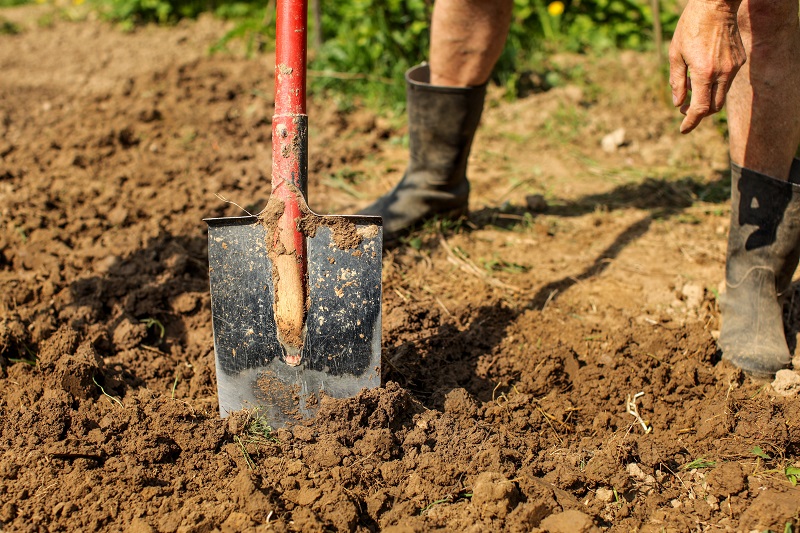A solid and stable foundation is key to the longevity and structural integrity of your building. However, the soil type on which you build your foundation can significantly affect its strength and stability. Different soil types have varying load-bearing capacities and moisture content that impact how a foundation settles and shifts over time.
The soil type available in your area results from the local climate, topography, terrain, and plant life. The three primary soil types in Dallas/ Fort Worth, TX are clay, rocky, and sandy loam. Each type of soil has different engineering properties that can impact the performance of your foundation.
Below is an overview of how each type of soil can impact your foundation:

Clay soil
In northern Texas, there are various kinds of clay soil. These clay types have low permeability, meaning they do not drain well. They also tend to expand with water and shrink in its absence. This tendency, coupled with the extreme heat during summer in Texas, can put intense stress on foundations in the area.
At times during hot, dry summers, the clay soil in the region can shrink to the extent of shifting the position of your home’s foundation. In some neighborhoods, wet clay can push the foundation up or down, causing it to strain and incur damages.
Rock
Rocky soil occurs in various forms such as limestone, bedrock, sandstone, hard chalk, and shale. In the North Texas region, limestone is the most common type of rock. It is an ideal foundation material, characterized by high load-bearing capacity, low compressibility, and good drainage properties.
However, rock soils have their downsides. Trees may not always have enough soil depth to flourish. Houses built on slopes might require bracing for safety and extra support, especially if the soil has high shale content, which may cause sliding.
Sandy Loam
Sandy loam is often a combination of clay, sand, and silt. It is dark and feels dry, crumbly, and soft in your fingers. Unlike rock or clay, loam soils maintain and drain water at a proportional rate. It is the ideal soil for supporting building foundations and flourishing tree gardens.
The only concern of foundations erected on loamy soils is the occasional erosion. However, you can prevent this by planting vegetation to hold it in place.
Address Your Foundation Concerns
Early detection of foundation repairs can save you money and aggravation. If your foundation has an issue, do not wait until it goes out of hand, our expert team is ready to help you.
At Steady House Foundation Repair, we specialize in the slab, pier, and beam foundation repair in the Dallas/ Fort Worth, TX area. We can help you with your simple foundation repairs up to the most complex. Contact us today to set up an appointment for a consultation.
